Category: Nutrition
-
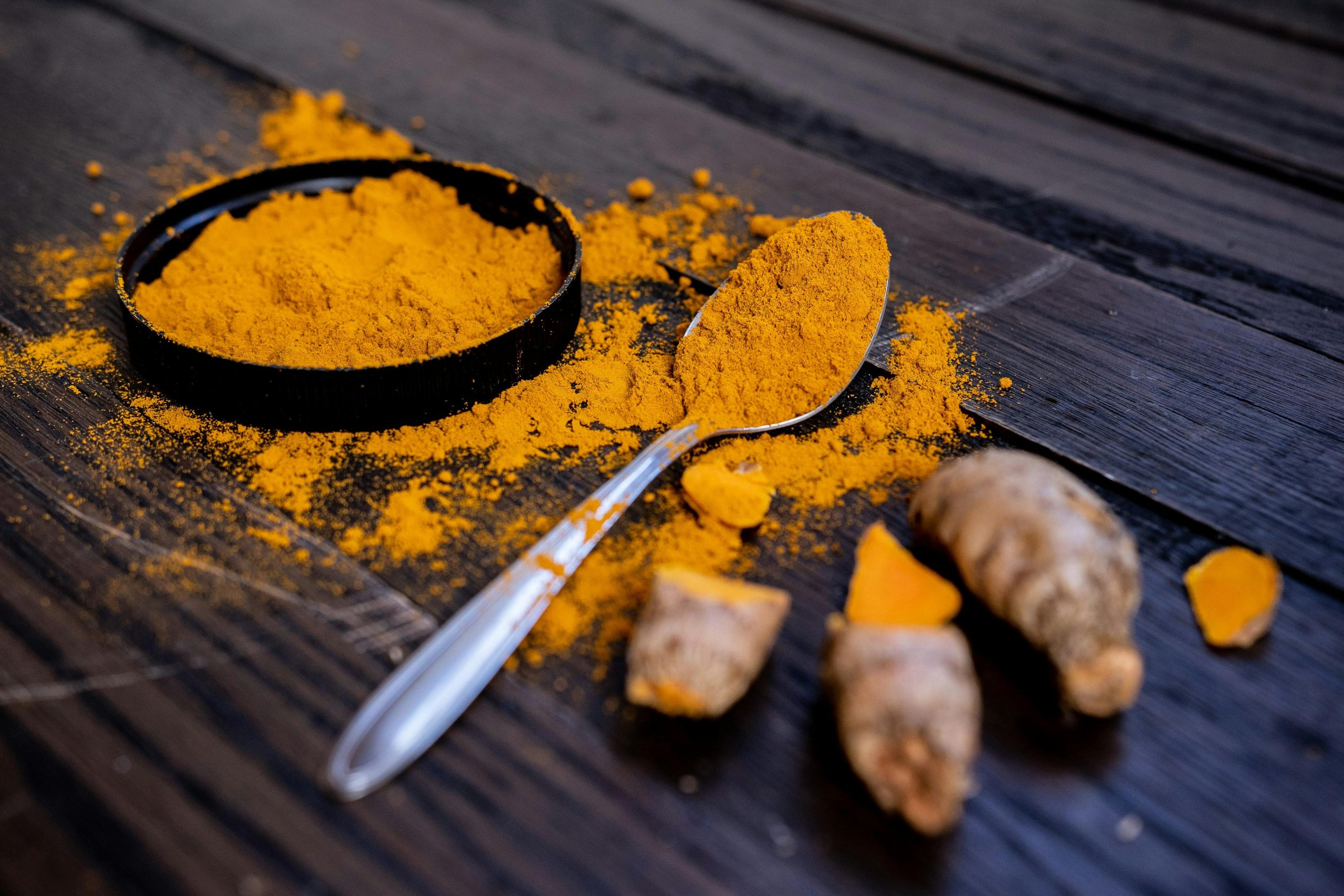
What is the impact of turmeric on nasal polyps?
What is Turmeric? Turmeric is a spice commonly used in cooking and known for its bright yellow color and distinctive flavor. It is a root that belongs to the ginger family and is native to Southeast Asia, particularly India and Indonesia. Turmeric has been used for centuries in traditional medicine and Ayurvedic practices for its…
-

Spicy noodles make you fat-Good or Bad?
Instant noodles and the risk of diseases Overconsumption of instant noodles has recently received special attention due to its link to obesity and cardiometabolic syndrome in South Korean adults. The high-calorie content of instant noodles, as well as the high concentration of refined carbohydrates, fats, and sodium, contribute to an increased risk of metabolic disease.…
-
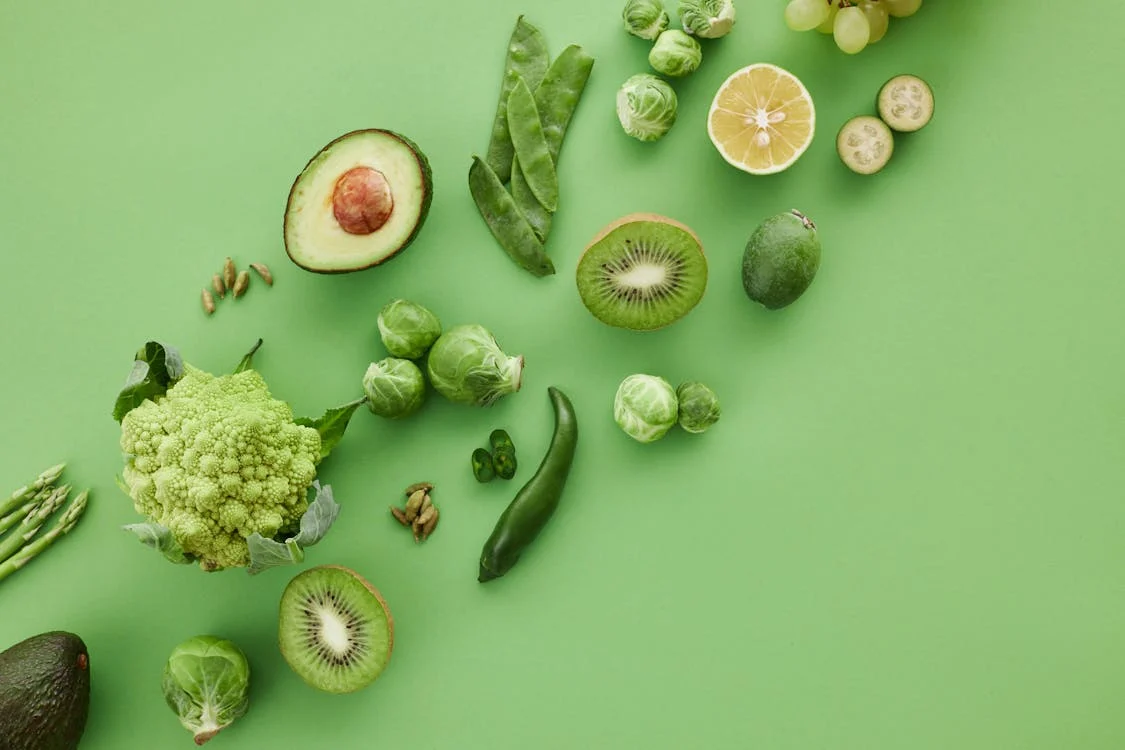
Green vegetable effect on health: expert’s guide
A good read for today is how green vegetables are imperative for improving health conditions. Broccoli (Brassica oleracea) is a type of cruciferous vegetable, like cabbage, cauliflower, and Brussels sprouts. Broccoli is rich in nutrients like fiber, vitamin C, vitamin K, iron, and potassium. It is also higher in protein than most other vegetables. Raw broccoli…
-
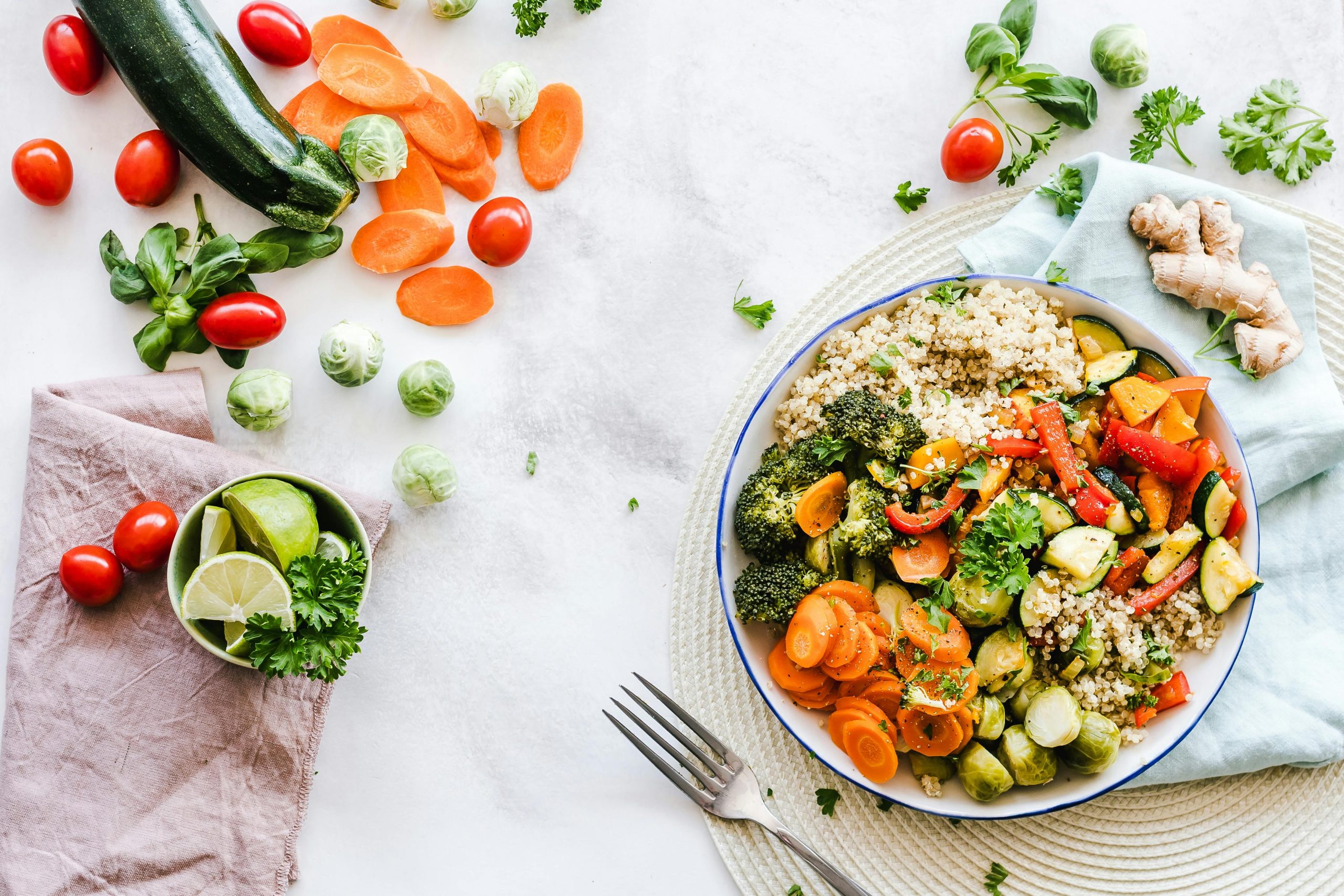
Importance of Nutrition in our Daily Life to Maintain Good Health?
What is Nutrition? Nutrition is an essential component of health and development. Moreover, better nutrition is linked to improved infant, child, and maternal health, stronger immune systems, safer pregnancy, and childbirth, a lower risk of non-communicable diseases (such as diabetes and cardiovascular disease), and a longer lifespan. Healthy children learn more effectively. People who eat…
-
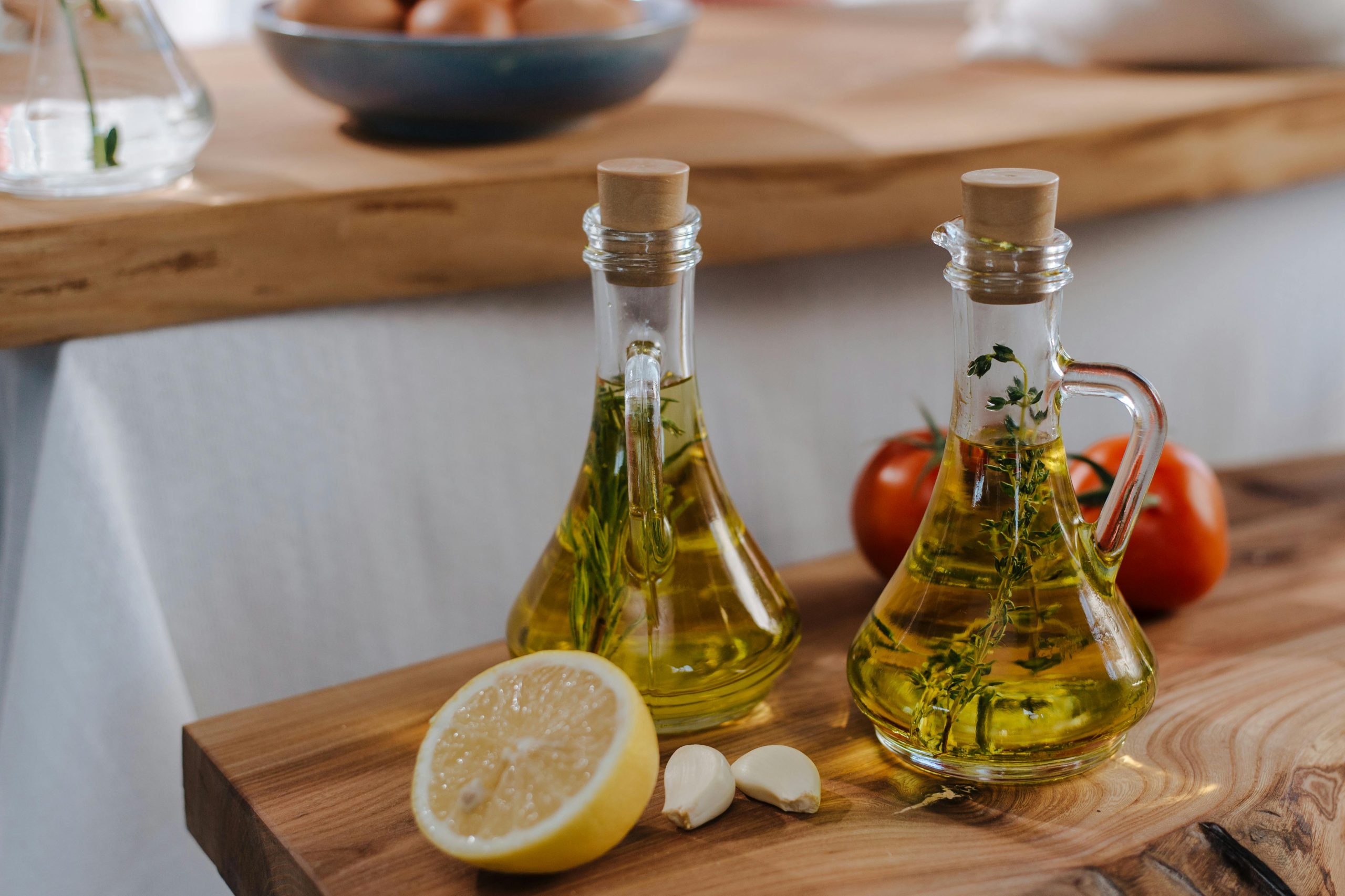
Lemon Juice and Olive Oil: Beneficial Health Aspects
Olive oil and lemon juice are common ingredients in many cuisines, particularly those of the Mediterranean and Levant. Some claim that combining olive oil and lemon juice can treat a variety of ailments, including gallstones, joint pain, and premature aging. Furthermore, studies have been conducted to investigate the potential health benefits of nutrients found in…
-

Vitamin D: Deficiency, Dosage, and Sources
Vitamin D or “calciferol” is a fat-soluble vitamin that is naturally available in some foods. It is also produced within the body when ultraviolet (UV) rays from sunlight strike the skin and trigger vitamin D synthesis. Supplements of vitamin D are also available. Difference between Vitamin D3 and Vitamin D2 Vitamin D has two major…
-

Vitamin C Benefits
Vitamin C or L-ascorbic acid is a water soluble vitamin. This vitamin is naturally present in some foods and it is not produced inside the human body. So, it is an essential dietary component. Health Effects of Vitamin C Recommended Daily Dose Average daily recommended amount depends on age, which tabulated below. Life Stage Recommended…
-

Trans Fatty Acids
Trans-fats or Trans fatty acid is a type of unsaturated fat, that occurs naturally and large proportion is industrially produced. Trans-fat is produced by reacting unsaturated fat with hydrogen gas in the presence of catalyst in a process called partial hydrogenation. Partial hydrogenation of oil gives it a semisolid to solid texture (depending upon the…
-

Eggs: Are They Healthy or Not
Eggs are nutritional dense food that can supply every nutrition required by the body except fiber. White part of an egg is a complete protein that contain all nine essential amino acids required by human body. Egg white does not contain fat, all of the fat is available in yolk. Yolk is the nutritional dense…
-
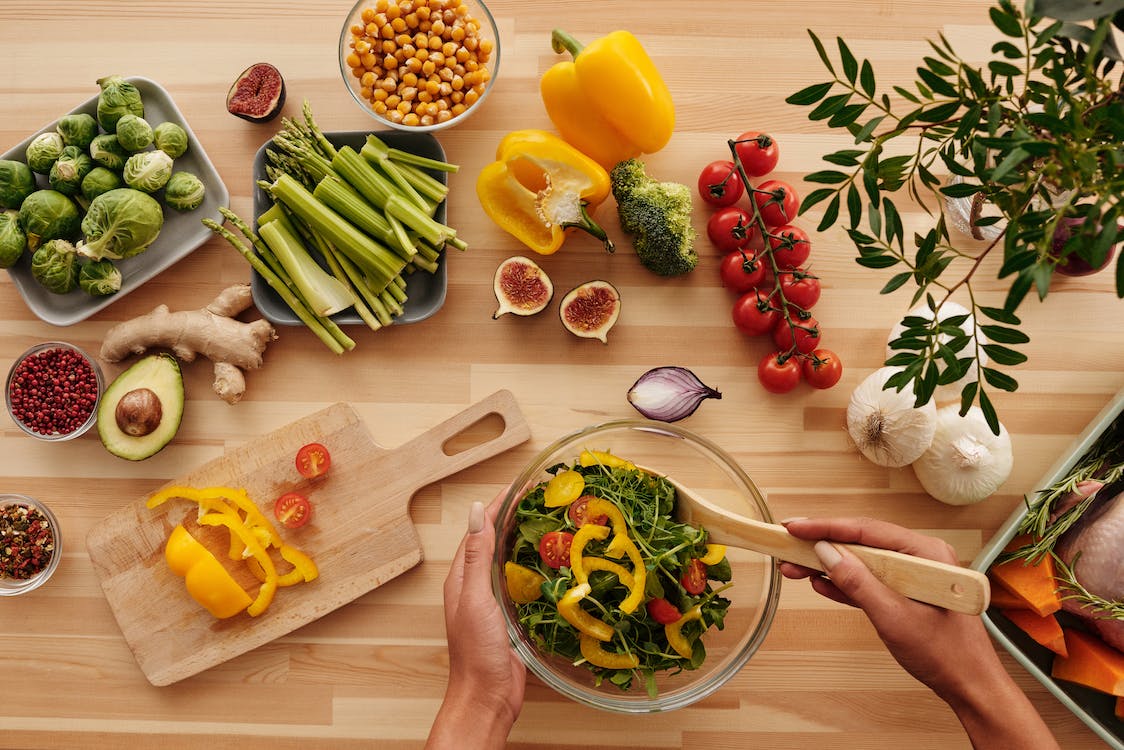
Dietary Fiber: Essential for Healthy Life
Dietary fiber is non-digestible carbohydrate that passes through the small intestine without digestion or absorption however, it passes through the large intestine with partial or complete fermentation. Fiber is commonly classified as soluble and insoluble, depending upon its solubility in water. The amount of soluble and insoluble fiber varies in different plant foods. Soluble…